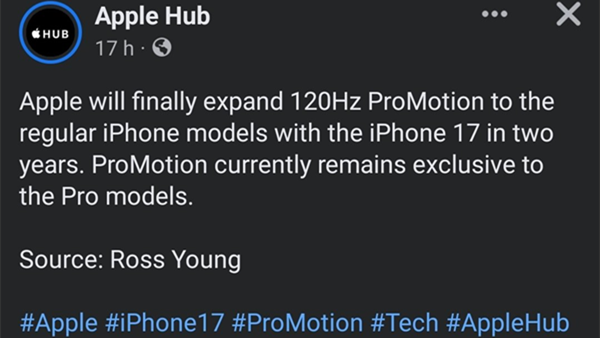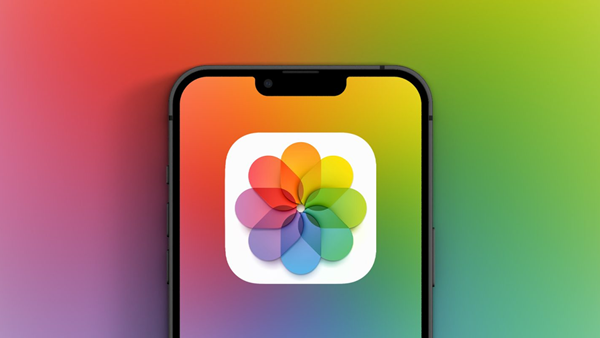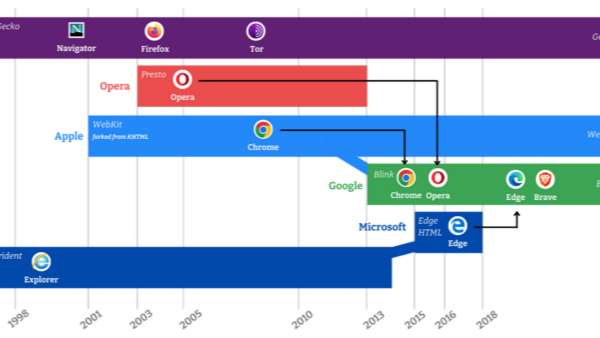Google Proposes to End its Multi-Billion Dollar Search Deal with Apple to the DOJ - A Three-Year Ban
In the face of the United States Department of Justice's (DOJ) ongoing antitrust case against Google, which could have devastating effects on the tech giant, Google has been considering measures to mitigate potential outcomes. These include, but are not limited to, ending payments to partners to make Google the default search engine, being forced to sell off its Chrome browser, and possibly being compelled to sell its Android operating system.
Google has recently been active on its blog, responding to the case, indicating the company's significant concern over a potentially unfavorable decision by the DOJ.
In its latest blog post, Google proposed a straightforward remedial agreement: to halt its default search engine deals with partners, notably its arrangement to be the default on browsers, with this prohibition lasting only three years.
Currently, Google's agreement with Apple involves paying billions, even tens of billions of dollars annually, ensuring Google Search remains the default on a majority of markets on the Safari browser.
Google argues that the search deal is at the heart of the antitrust case and that the court should focus solely on this aspect. Google is particularly keen to avoid a split of Chrome and Android.
Under the proposed remedy, Google would not be able to make agreements with Android manufacturers that require placing Google Search in exchange for access to other Google services (such as Google Mobile Services or GMS licenses) nor could it demand manufacturers exclude competing search engines or third-party browsers.
This would offer more flexibility to other browser developers like Mozilla, allowing manufacturers to set Firefox as the default browser (for a fee) or Microsoft Bing as the default search engine.
Additionally, addressing antitrust concerns in the AI field, Google suggests no longer mandating that Android manufacturers include the Google Gemini Assistant to access other Google services (GMS).
If accepted by the court, these proposals would see Google relinquishing some profitable or strategically advantageous deals but would allow Google to remain intact, avoiding divestiture of Chrome and Android.
However, the outcome depends on ongoing negotiations among the court, the DOJ, and Google, with a potential court process if no agreement is reached. The final decision could take time to materialize.










